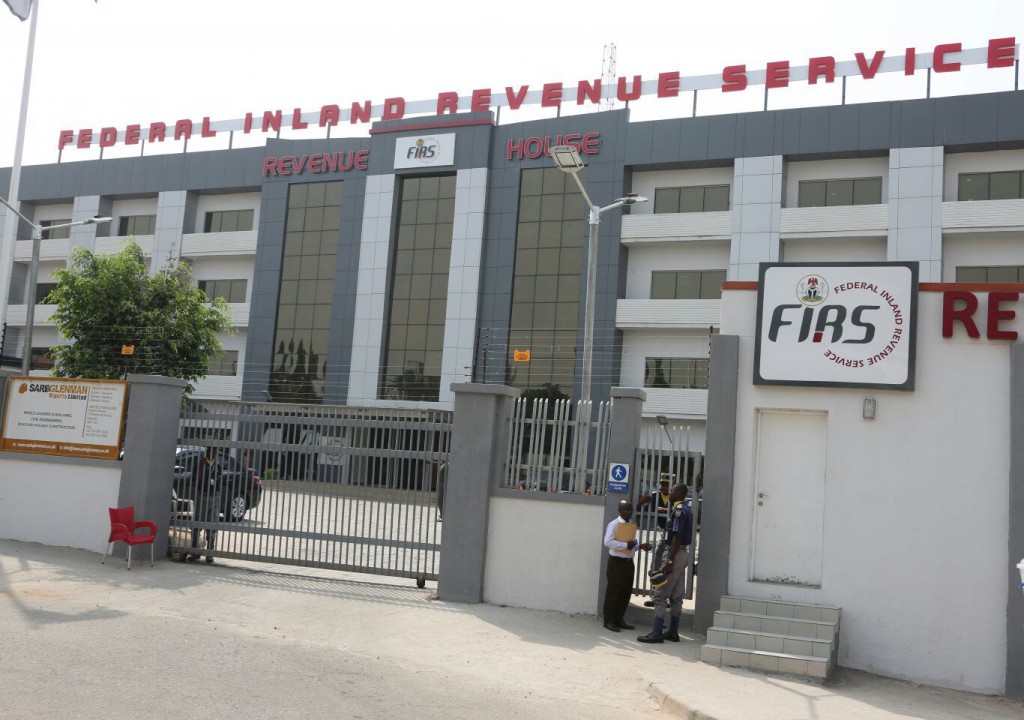Muhammad Nami, Chairman of the Federal Inland Revenue Service (FIRS), on Monday said that the mandate of the service is to collect taxes that are due to the federation and the Federal Government and not to grant tax waivers to any taxpayer in the country.
Nami said this while reacting to reports making the rounds in the media that some companies in the country such as Dangote Sinotruck Limited, Lafarge, Honeywell, etc had been granted tax waiver on pioneer status between 2019 and 2021 in the sum of N16 trillion by the FIRS and the other Federal Government agencies.
Nami in a statement issued and signed by his Special Assistant on Media & Communication, Johannes Oluwatobi Wojuola, said FIRS does not have the power or responsibility of facilitating or even implementing tax waivers to investors in Nigeria.
According to him, there are relevant agencies of government that are charged with such responsibility, noting that the Service is not unmindful of the objectives of granting tax waivers to investors which includes “helping to grow local companies, stimulate economic growth, and earn investors’ confidence”.
He further expressed confidence that the companies now enjoying tax breaks will eventually exit shortly and begin to pay taxes to the Federal Government as other companies who had enjoyed such tax breaks in the past and are currently paying taxes in hundreds of billions of naira.
He stressed that all companies enjoying the Pioneer Status will be exempted from paying only the Direct Taxes (eg CIT, EDT) from their profits but will continue to act as agents of collecting and remitting Indirect Taxes (eg VAT, WHT) in the ordinary course of their operations.
Nami emphasised that he is focused on the task of achieving the mandate of the Service which is to collect, assess and account for taxes due to the federation and the Federal Government.
He, therefore, called on the stakeholders to join hands with him to grow the nation’s economy.
